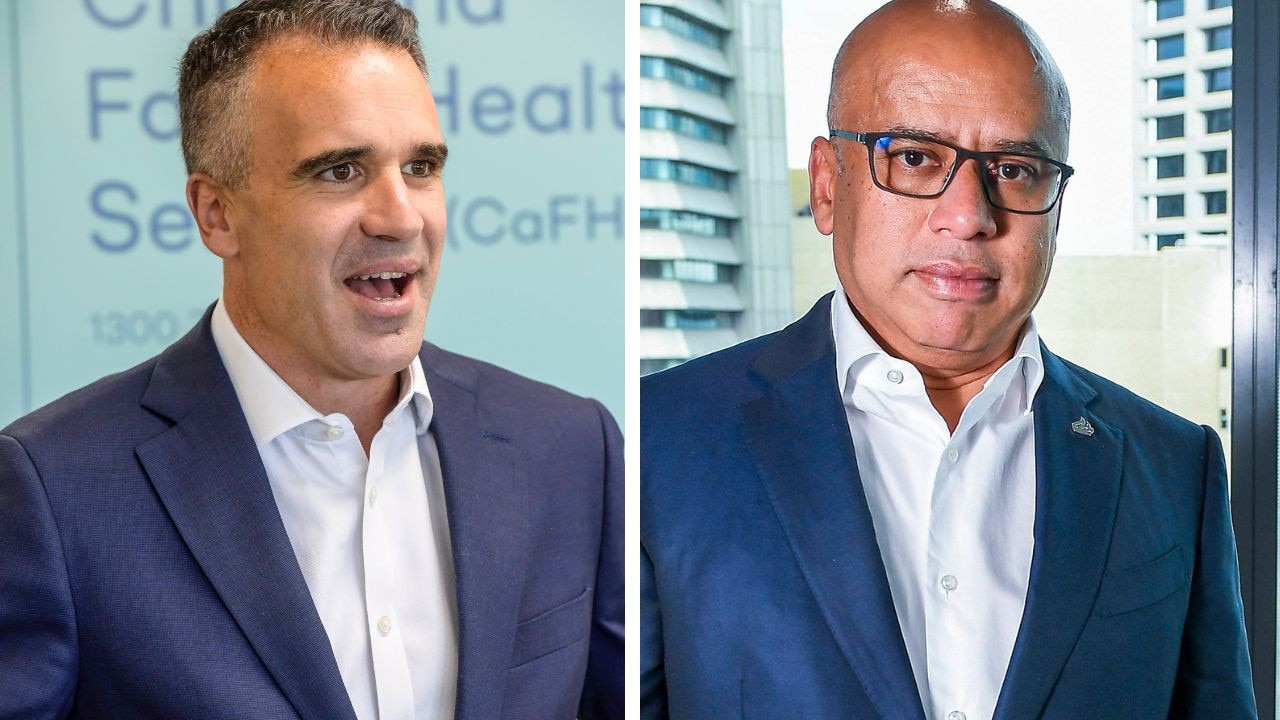Australia’s highest electricity costs hold SA back in business cost report
South Australia is being held back by nation-leading energy costs in a ranking of business-friendly states.
SA News
Don't miss out on the headlines from SA News. Followed categories will be added to My News.
The nation’s most expensive electricity costs are a “major black mark” holding South Australia back from being the most business-friendly state, according to a research-based ranking.
SA is “growing its reputation as a state that is open for business” and is second behind Western Australia of the five states ranked in an Institute of Public Affairs paper.
The Ease of Doing Business Report finds SA has the lowest state tax and red tape burden, while also ranking second in rental and fuel costs.
But a comparison of annual electricity bills for businesses with consumption of 20,000 kWh finds SA has the highest cost of $10,964 – NSW was second-most expensive at $8718 and Victoria the cheapest at $6580.
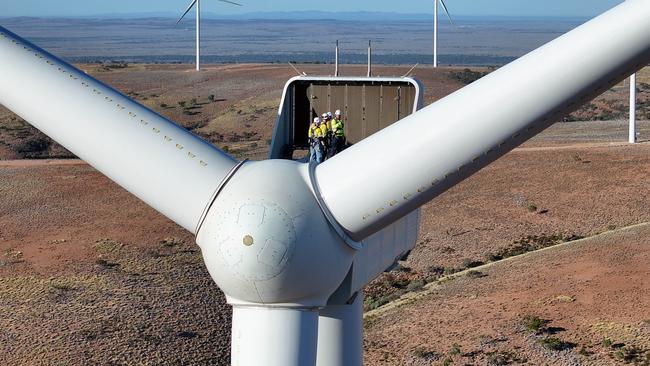
Report author and IPA research fellow Lachlan Clark said the ease of doing business was critical to overall economic performance, resulting in the creation of well-paying jobs.
“South Australia is growing its reputation as a state that is open for business. The state’s taxation system is attractive for new businesses to invest and grow for the benefit of South Australians,” he said.
“Although South Australia’s ease of doing business credentials are impressive, a major black mark is the fact that energy is the most expensive in the nation. This is due to the shortsighted decision to decommission and blow up its baseload power supplies.
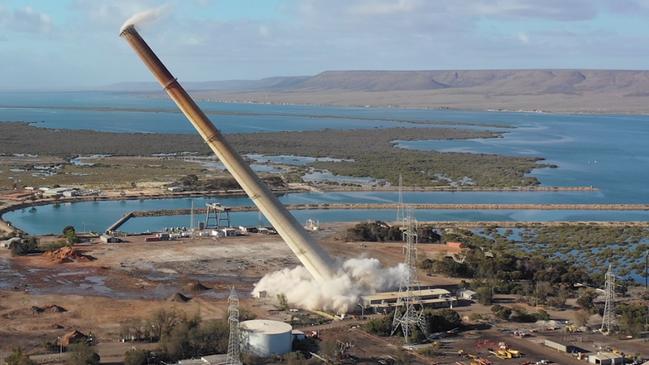
“Having to rely on a state such as Victoria, with all of its problems, to supply critical energy is no way to run a state economy.”
Wholesale electricity prices soared in southern states on Monday after SA’s wind and solar generation fell to zero, according to clean energy analyst Renew Economy.
SA has relied on an interconnector to Victoria and gas-fired generators for baseload power since Port Augusta’s coal-fired plant stopped generating electricity in May, 2016.
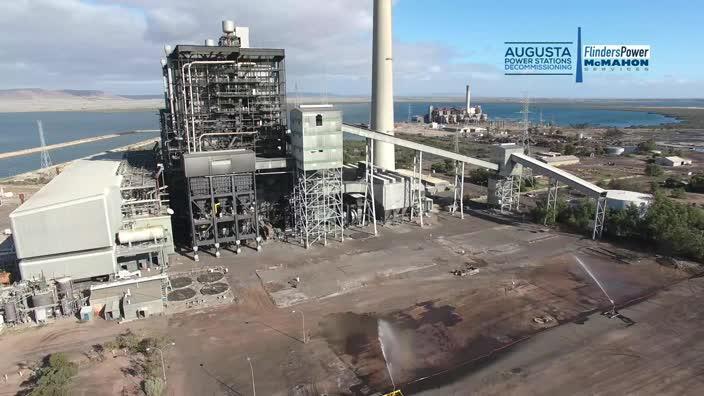
The former Port Augusta site has been earmarked for a nuclear power station by the federal Coalition in a policy it argues will drive down energy prices.
Mr Clark praised Premier Peter Malinauskas’s open-minded nuclear power stance, saying this was “a much-needed, mature outlook”, even though he has dismissed it as uneconomic for Australia.
“South Australia’s leaders should be looking at ways to strengthen the state’s affordable and reliable baseload power generation,” Mr Clark said.
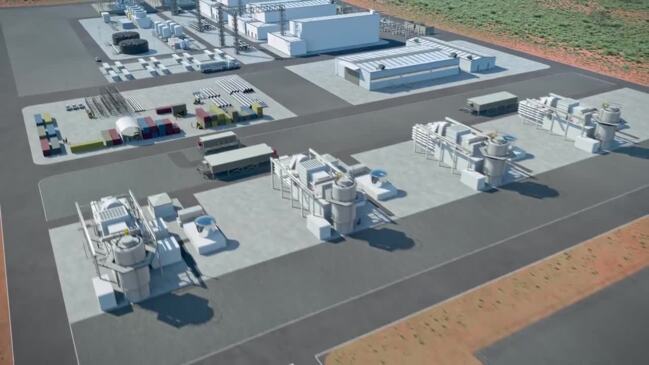
The Malinauskas government’s cornerstone energy policy is a $593m hydrogen power plant at Whyalla, modelling for which Energy Minister Tom Koutsantonis has said would bring prices down by 10 per cent.
“We have an oversupply of renewable energy and the key to cracking the code of decarbonisation has always been storage, so we look at things like battery storage, grid-scale battery storage and hydrogen,” he said in mid-July.
A government spokesperson said, “Institute of Public Affairs research often leaves out facts which don’t match its bias.
“SA has a policy of giving regional SA a fair go, with households and small businesses paying the same rate right across the state,” they said.
“Under this year’s Default Market Offer, a small business in regional NSW would pay $5733 a year for a standard 10,000kWh consumption.
“A small business anywhere in SA would pay less for the same amount - $5352. NSW favours Sydney, where the cost would be $4612.”




